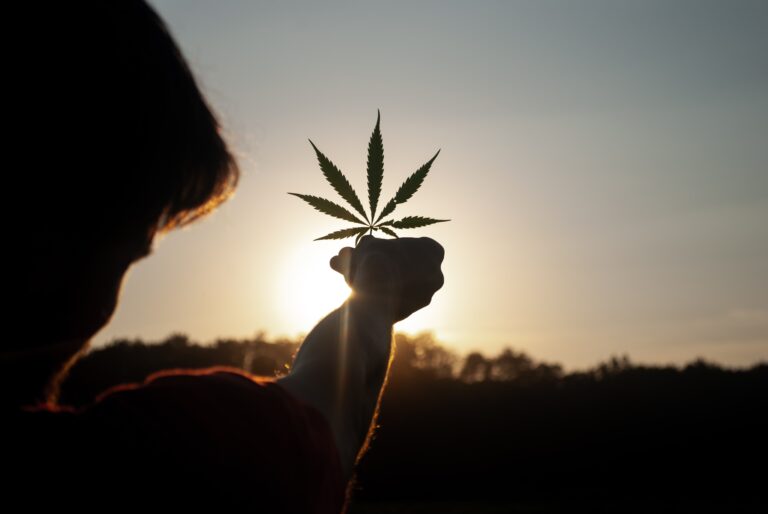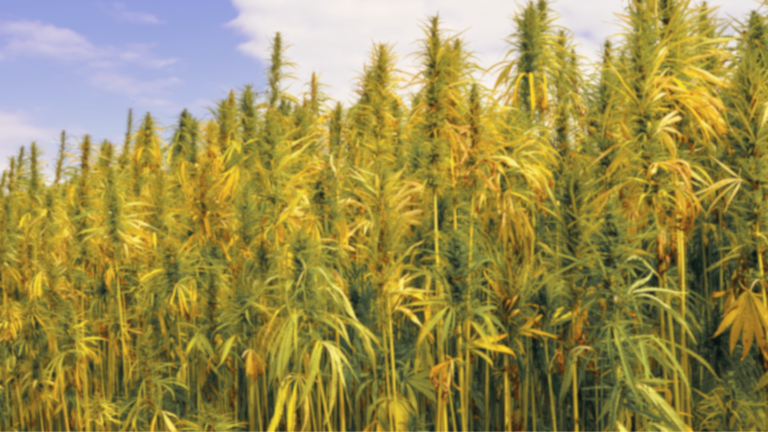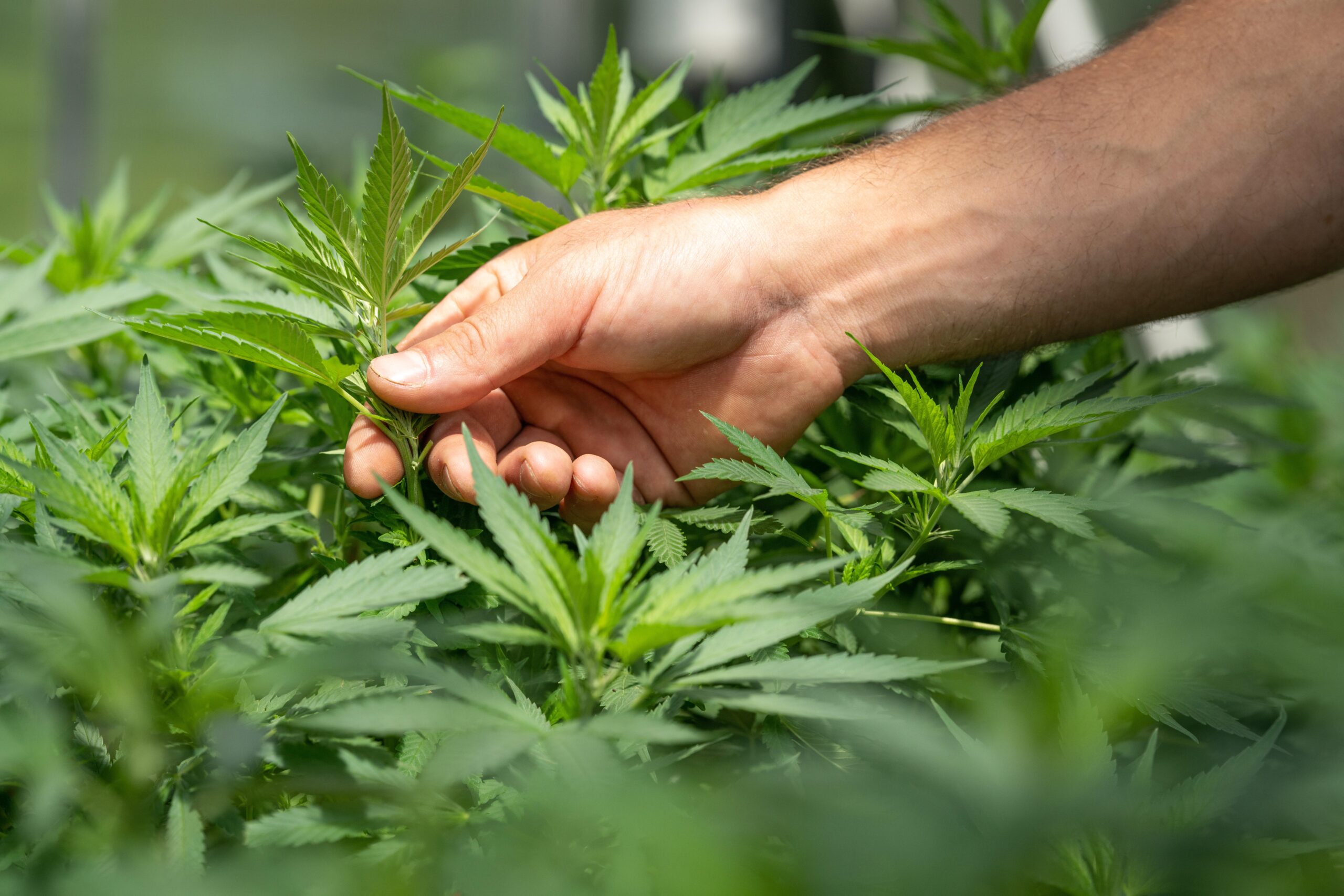Debate on the Industrial Hemp Bill, introduced to Parliament by the Legalise Cannabis Party, was adjourned on Wednesday (May 15) while the Allan Labor government formulates its response to both the bill and the hemp industry inquiry.
Legalise Cannabis Party MP Rachel Payne said the industrial hemp bill reduces impediments to growing hemp, needed by Victorian manufacturers to make building materials.
“Victorian manufacturers are producing building materials, like insulation, bricks and hemp rebar, an alternative to steel,” Ms Payne said.
“Hemp building materials are fire resistant, mould resistant and vermin proof, and capture carbon. The problem is not enough hemp is being grown in Victoria – only 169 hectares.
“We have a housing crisis in Australia, and we know Victorian builders are hindered by the rising cost of imported building materials and supply chain interruptions. The Hemp Industry Bill would have made it easier for Victorian farmers to grow hemp and supply building product manufacturers. This ultimately supports the housing market.
“China is planting 1.3 million hectares of hemp by 2030. Europe enlarged its crop by 60 per cent over the past six years to 33,020 hectares but Victoria is just falling further behind.”
Ms Payne said the Victorian Famers Federation supports her bill, but Labor has questioned whether a stand-alone industrial hemp bill was needed.
“Victoria and Queensland are the only states in Australia without one,” Ms Payne said. “It is imperative that Victoria has a stand-alone bill, look at Tasmania, which passed an industrial hemp bill in 2015, and you’ll see the benefits.”
Comparing Victoria to Tasmania
- Tasmania has 1600 hectares planted, with a farm gate value of $4.5 million.
- Tasmania has no licence or inspection fees whereas in Victoria applications are almost $500, and for every 15 minutes of inspection producers are charged $55.70.
- Tasmania has five-year licence terms while Victoria only has three years.
Legalise Cannabis MP David Ettershank said the proposed industrial hemp bill would remove costs and stigma that deter farmers from growing hemp.
“Give farmers a break, they are being squeezed by supermarkets and navigating climate change,” he said.
“We want them to grow hemp crops, but there are hurdles in their path, like arduous controls.”
Mr Ettershank said communities in Gippsland, which once processed logged timber, could substitute timber with hemp processing hubs.
“This would create employment and financial stability for the former logging communities of Gippsland, as industrial hemp is another chip and pulp industry,” Mr Ettershank said.
“We reserve the right to bring debate on this bill back to parliament and are eager to see Labor’s response.”
On Tuesday (May 14), Legalise Cannabis hosted a showcase of hemp products in the Victorian Parliament, attended by hemp farmers and the manufacturers of hemp goods.
The advantages of hemp in construction
- Hemp can be used to manufacture building materials, like insulation, bricks and hemp rebar, an alternative to steel.
- Hemp building materials are fire resistant, mould resistant and vermin proof.
- Australian builders are heavily reliant on imports of construction materials, domestic manufacturing of building materials like hempcrete can lead to faster production, cheaper costs and greater quality control.
- Pine woods takes 15 years to grow, hemp grows in 100 days.





